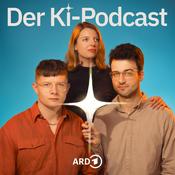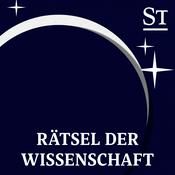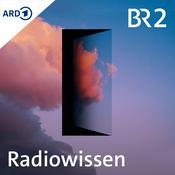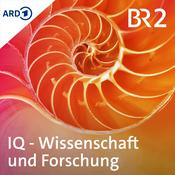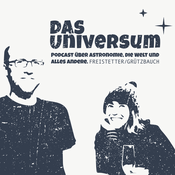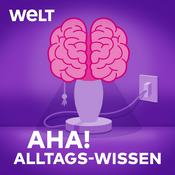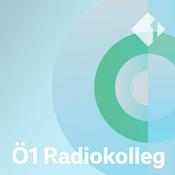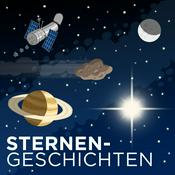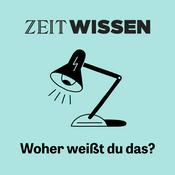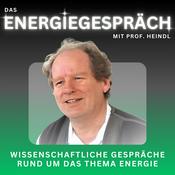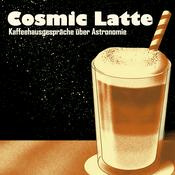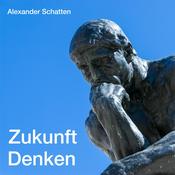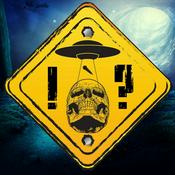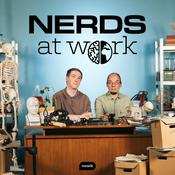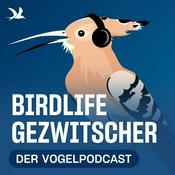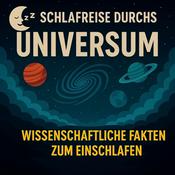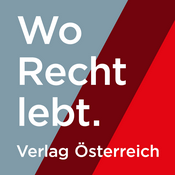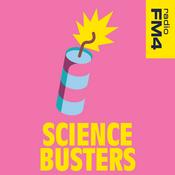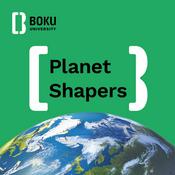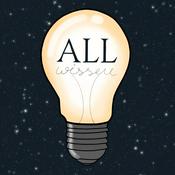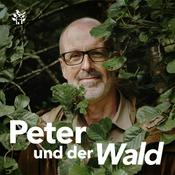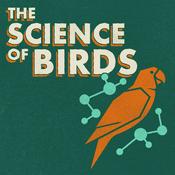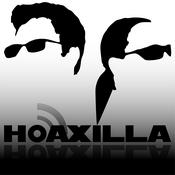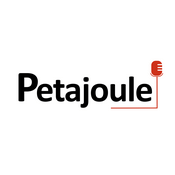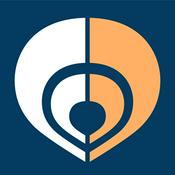CORDIScovery – unearthing the hottest topics in EU science, research and innovation
CORDIScovery
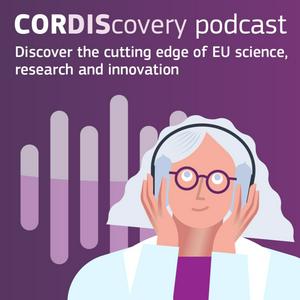
Neueste Episode
57 Episoden
- The EU is intending to have all sectors of the economy at net zero greenhouse gas production by 2050. But heavy industry and transport can be challenging to electrify directly. So renewable, low-carbon hydrogen, and its derivatives, are key tools in the box.
To get there, we need to create a stronger demand for the fuel, boost transport and storage networks and secure the renewable affordable electricity needed to generate cost-effective hydrogen. Our three projects today, all of which received support from the EU’s research and innovation funding, have some solutions.
Magali Senaux, senior consultant and project manager at Environmental Resources Management Limited, is keen tosee the day when the buses passing you by in the street no longer belch out fumes, instead, leaving nothing but a dribble of water.
Melanie Lienerth is passionately interested in hydrogen-powered flight which she brings closer at H2FLY, the company behind a test flight believed to be the first, forward flight of a vertical take-off and landing aircraft powered by liquid hydrogen.
Benedikt Hasibar is a project coordinator at Green Gas Technologies at RAG Austria AG – Austria’s largest energy storage company. Benedikt is working on the development of effective and efficient hydrogen storage. - This special episode of CORDIScovery comes to you from the EU’s Research and Innovation Days.
This episode discusses the effort going into making injectionsneedle-free, new diagnostic tools and therapies for heart conditions such as arrhythmias and atrial fibrillation, how wearable technologies are being harnessed to detect life-threatening conditions such as sepsis, and the influence of urban environments on our health.
David Fernandez Rivas leads the BuBble Gun project, aimed at developing a new method for needle-free injections.
Stéphane Hatem coordinated the MAESTRIA project, which set out to use machine learning and AI to detect atrial fibrillation and prevent stroke.
Bruno Miranda examines how urban and architectural environments affect brain behaviour, and is co-coordinator of the eMOTIONAL Cities project.
Andreu Climent is the CEO of Corify Care, a company that has grown to a team of 38 people and has secured over EUR 10 million in investment and revenue. Climent is coordinator of the SAVE-COR project.
Christoforos Panteli is developing electronic gas sensors and algorithms for diagnosing sepsis from exhaled breath, which he has explored through the SepsISensoR project. - This special episode of CORDIScovery comes to you from the EU’s Research and Innovation Days. Let’s dive into artificial intelligence and machine learning.
Our four cutting-edge projects have all received EU research and innovation funding, showcasing the transformative potential of artificial intelligence (AI) and machine learning in various sectors, including health, environment, industry and culture.
Thomas Gutt is the AIMS5.0 project coordinator, which aims to use AI to improve the sustainability of European manufacturing.
George Nikolakopoulos, coordinator of the PERSEPHONE project, is professor in Robotics and Artificial Intelligence (RAI), at the Department of Computer Science, Electrical and Space Engineering, Luleå University of Technology in Sweden.
Sophia Alexandersson is the representative of a partner in the MuseIT project. She is the chief executive and artistic director of ShareMusic and Performing Arts, a Swedish centre for artistic development and inclusion. Alessandro Kartsiaklis is CEO of NaviBlind, which develops technologies for improved accessibility and mobility, particularly aiding blind and partially sighted individuals in navigation and daily tasks. - This special episode of CORDIScovery comes to you from the EU’s Research and Innovation Days.
This episode looks at two key challenges that are deeply connected to our future – food security and the health of our oceans. Researchers, all of whom benefited from research and innovation funding from the EU, are developing innovative solutions to make food systems more resilient and to safeguard marine ecosystems.
Maulana Ikram Wibisana is a geovisualisation data scientist and is part of the AI4SoilHealth project.
Jérôme Gasperi is an Earth observation expert and the product manager of the European Digital Twin of the Ocean (EDITO) at Mercator Ocean International. - This special episode of CORDIScovery comes to you from the EU’s Research and Innovation Days.
The future of energy and mobility – two areas at the heart of Europe’s transition to a greener, smarter and more sustainable economy. From smarter air traffic control to advanced electric vehicles and more fuel-efficient aircraft, research and innovation are helping to reshape our transport and its relation to the energy supply.
Gabriel Garcia Rodriguez manages the ECHOES project which aims to extend VHF coverage into oceanic, polar and other remote areas to improve aviation safety and efficiency.
The HiEFFICIENT project, coordinated by Christoph Abart, is promoting resource-efficient and decarbonised transportation, focusing on electronic power circuits and systems of electrified vehicles, testing systems and charging infrastructures.
The Racer project (part of the GAM-2020-FRC project) was led by Jérome Geneix. Racer is developing a commercially viable aircraft that flies as fast as an aeroplane but can also hover like a helicopter, particularly effective in rescue missions.
Weitere Wissenschaft Podcasts
Trending Wissenschaft Podcasts
Über CORDIScovery – unearthing the hottest topics in EU science, research and innovation
CORDIScovery is a monthly podcast featuring a panel discussion between guests at the forefront of their scientific fields. From threats to biodiversity to the future of space exploration, if you want to hear how the EU’s cutting-edge research is taking on the key issues challenging us today, then be sure to download and listen to what Europe’s leading scientists have to say. CORDIScovery is produced by CORDIS, whose mission is to share the results of the very best of EU-funded research.
Podcast-WebsiteHöre CORDIScovery – unearthing the hottest topics in EU science, research and innovation, Der KI-Podcast und viele andere Podcasts aus aller Welt mit der radio.at-App

Hol dir die kostenlose radio.at App
- Sender und Podcasts favorisieren
- Streamen via Wifi oder Bluetooth
- Unterstützt Carplay & Android Auto
- viele weitere App Funktionen
Hol dir die kostenlose radio.at App
- Sender und Podcasts favorisieren
- Streamen via Wifi oder Bluetooth
- Unterstützt Carplay & Android Auto
- viele weitere App Funktionen


CORDIScovery – unearthing the hottest topics in EU science, research and innovation
Code scannen,
App laden,
loshören.
App laden,
loshören.

